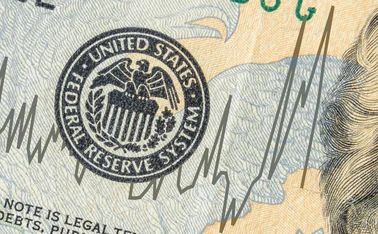
End of Bretton Woods has helped dollar reserves, says ECB paper
Dollar dominance reflective of reserves 'inertia', working paper finds

The US dollar has continued to dominate currency reserves due to a decline in network effects and an unwillingness for other countries to permit a strong accumulation of their currencies, according to a working paper by the European Central Bank (ECB), published this month.
Between the end of World War II and the collapse of fixed exchange rates, the ECB notes that there was a shift in foreign exchange reserves from sterling to the US dollar during that period, resulting in the latter becoming
Only users who have a paid subscription or are part of a corporate subscription are able to print or copy content.
To access these options, along with all other subscription benefits, please contact info@centralbanking.com or view our subscription options here: http://subscriptions.centralbanking.com/subscribe
You are currently unable to print this content. Please contact info@centralbanking.com to find out more.
You are currently unable to copy this content. Please contact info@centralbanking.com to find out more.
Copyright Infopro Digital Limited. All rights reserved.
As outlined in our terms and conditions, https://www.infopro-digital.com/terms-and-conditions/subscriptions/ (point 2.4), printing is limited to a single copy.
If you would like to purchase additional rights please email info@centralbanking.com
Copyright Infopro Digital Limited. All rights reserved.
You may share this content using our article tools. As outlined in our terms and conditions, https://www.infopro-digital.com/terms-and-conditions/subscriptions/ (clause 2.4), an Authorised User may only make one copy of the materials for their own personal use. You must also comply with the restrictions in clause 2.5.
If you would like to purchase additional rights please email info@centralbanking.com








